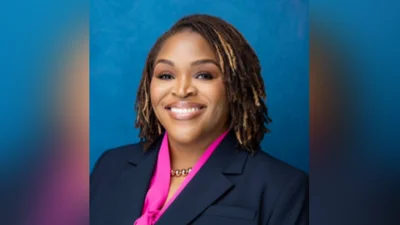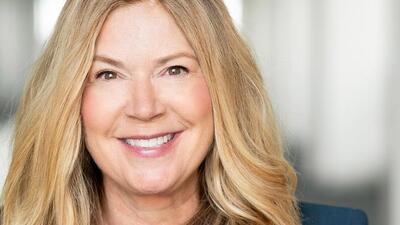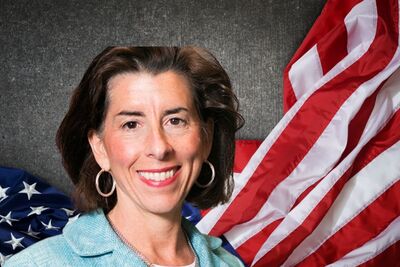Jonathan Spalter, president and CEO of the broadband association USTelecom, applauded Sens. Shelly Moore Capito (R-W.V.) and Amy Klobuchar (D-Minn.) for reintroducing the Rural Broadband Protection Act (RBPA) with stricter requirements for funding applicants.
“Accountability and transparency must be bedrock principles of any government program aimed at closing the digital divide. Ensuring that recipients of Universal Service Fund dollars can deliver on their deployment commitments also is essential. ” Spalter said in a statement released on Feb. 16. "All Universal Service funding applicants should have to undergo a thorough vetting process by the FCC before being awarded money to deploy broadband networks.
“Thanks to Sens. Capito and Klobuchar for their leadership with this legislation requiring all USF funding applicants are carefully vetted by the FCC to ensure they can deliver on the promise of closing the digital divide,” Spalter said.
Capito originally introduced RBPA of 2022 (S.4126) last May, but it did not advance out of committee.
Capito and Klobuchar, who are on the Commerce, Science, and Transportation Committee, introduced the RBPA of 2023 (S.275) on Feb. 7, the senators announced in a joint statement released Feb. 15. The legislation would implement a more rigorous vetting process for internet service providers (ISPs) that want to participate in the Federal Communication Commission's (FCC) high-cost programs that provide funding to ISPs that serve rural areas.
“In 2023, we should be able to bring high-speed internet to every community in our country, regardless of their zip code,” Klobuchar said in the announcement. “This bipartisan legislation will help Americans connect to work, school, health care and business opportunities by ensuring the companies that apply for federal funding to build out broadband infrastructure can get the job done.
"As co-chair of the Senate Broadband Caucus, I’ll keep fighting to close the digital divide and ensure families across our state can reliably access the high-speed internet they need,” Klobuchar said.
The bill would add safeguards to the Universal Service Funds' high-cost programs by verifying that funding recipients are companies that have demonstrated their ability to successfully service challenging areas, according to the release. Capito said broadband access is critical for the economy and communities from online business startups to digital learning and telemedicine, which is why she made bridging the digital divide a top priority.
“This legislation expands on my broadband efforts and is a product of many discussions I’ve had with small rural service providers and local leaders in my state. These discussions made it abundantly clear the FCC needs congressional direction to ensure taxpayer money is being used properly to fund broadband deployment in rural areas,” she said, the release reported.
Verifying that providers can deliver high-speed internet to specific areas will maximize the broadband dollars going to West Virginia to close the digital divide in communities across the state, according to the release.
“West Virginians keep their word, but it’s time internet service providers do the same,” Capito said, the release reported.
The FCC reports that one-quarter of rural U.S. residents and a total of approximately 19 million Americans do not have access to reliable broadband services.









